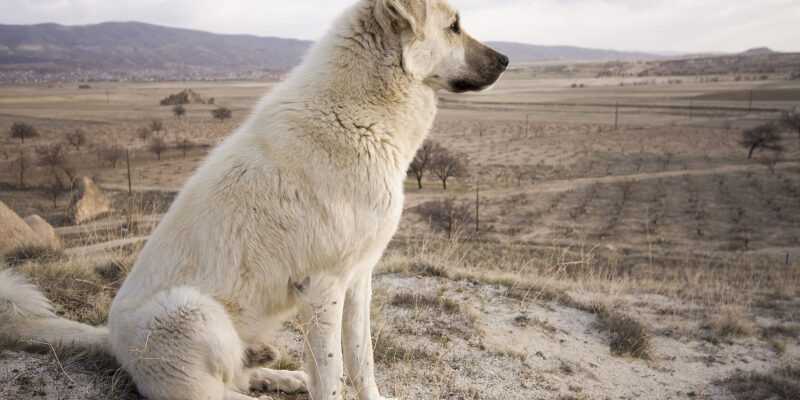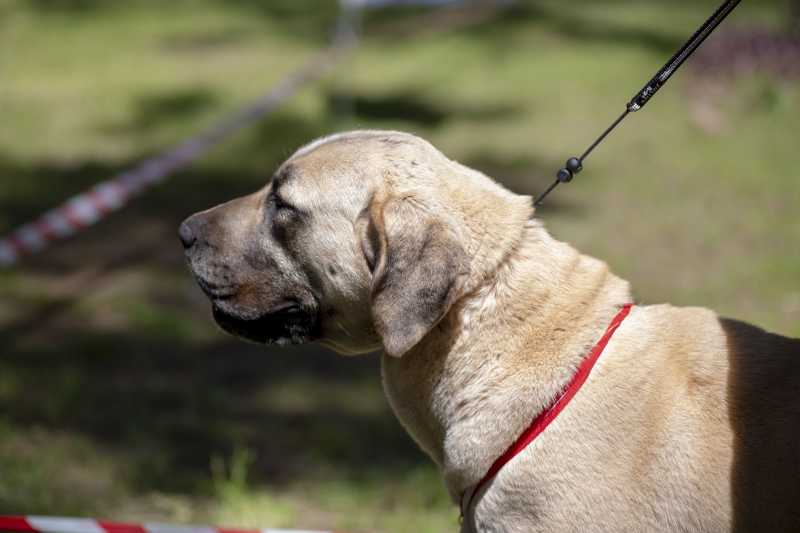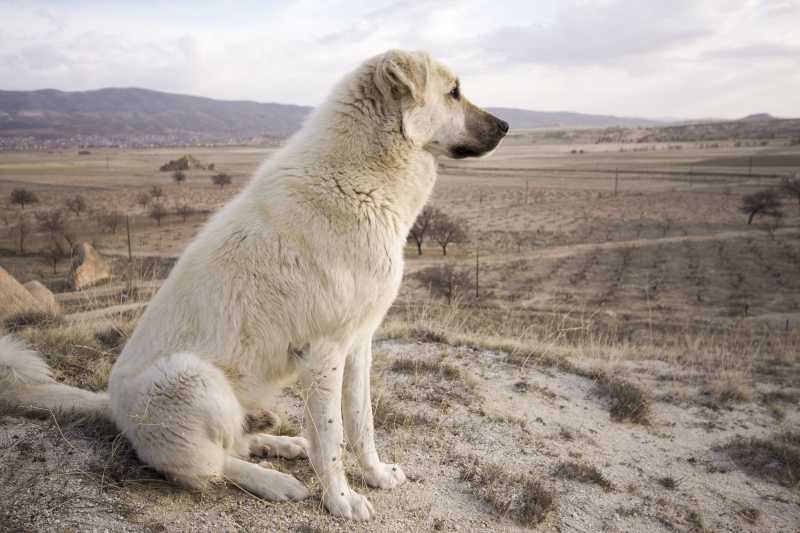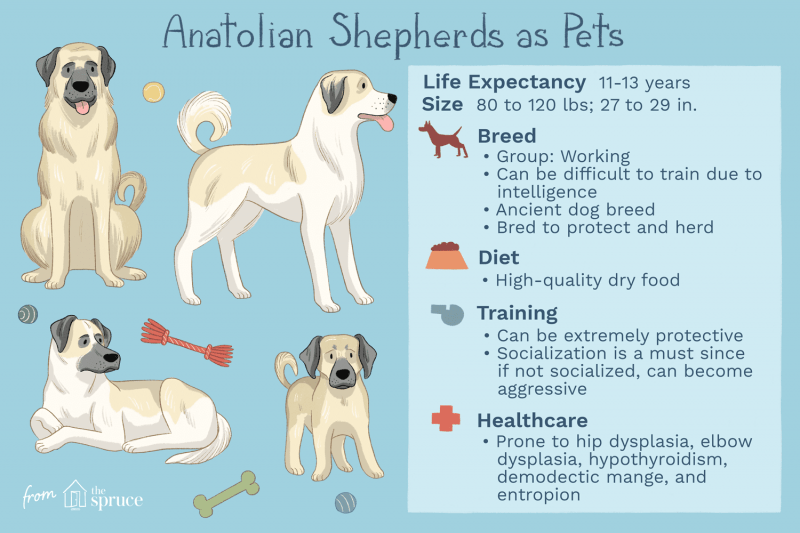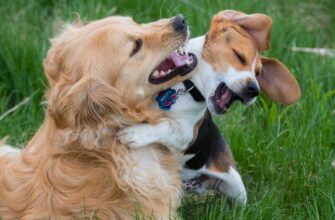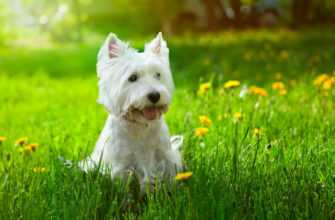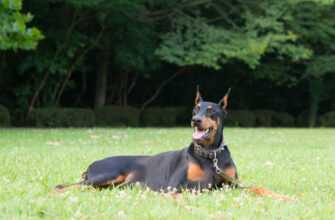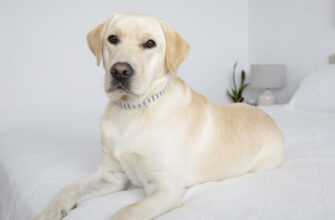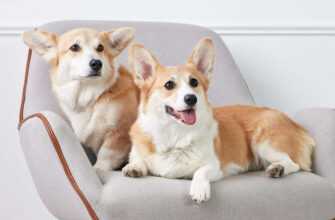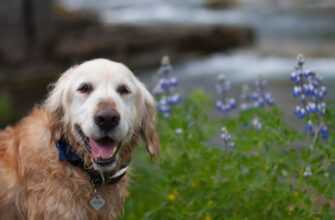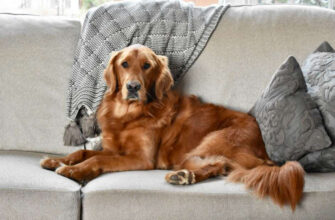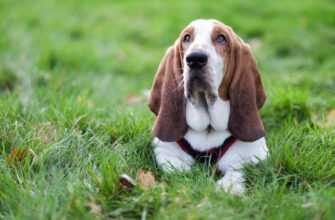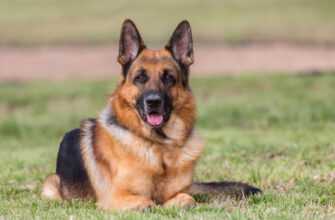The Anatolian shepherd is a large working dog breed from Turkey that has a short coat and athletic build. Also known as the Kangal shepherd, the breed has a fierce protective instinct and an independent nature. These dogs can be quite introverted, often preferring to do their jobs without human guidance or interference. They can make good family pets, though it is advised that socialization with both humans and other animals starts early. Anatolian shepherds without proper socialization can easily become aggressive.
Breed Overview
- GROUP: Working
- HEIGHT: 27 inches (female), 29 inches (male)
- WEIGHT: 80 to 120 pounds (female), 110 to 150 pounds (male)
- COAT: Short, smooth
- COAT COLOR: Blue fawn, brindle, fawn, liver, red fawn, white, biscuit and white, or gray fawn with various markings and masks
- LIFE SPAN: 11 to 13 years
- TEMPERAMENT: Loyal, alert, protective
- HYPOALLERGENIC: No
- ORIGIN: Turkey
Characteristics of the Anatolian Shepherd
The Anatolian shepherd generally has an independent and watchful temperament. These dogs don’t display overly affectionate personalities, but they are loyal to their family. However, they can be wary of strangers.
| Affection Level | Low |
| Friendliness | Low |
| Kid-Friendly | Medium |
| Pet-Friendly | Medium |
| Exercise Needs | Medium |
| Playfulness | Medium |
| Energy Level | Medium |
| Trainability | Medium |
| Intelligence | Medium |
| Tendency to Bark | Medium |
| Amount of Shedding | Medium |
History of the Anatolian Shepherd
The Anatolian shepherd is an ancient dog breed stretching back as many as six centuries. The breed’s origins are in the Anatolia region of Turkey, also referred to as Asia Minor, where they are thought to have developed from a line of shepherds (the Coban Kopegi, or “shepherd’s dog”) that were bred specifically to protect and herd livestock.
Other accounts trace the Anatolian shepherd back to hunting dogs of Mesopotamia. In both cases, it’s understood that these types of shepherds were bred to work—in particular on farms and ranches guarding livestock from predators including wolves and cheetahs.
Interestingly, Anatolian shepherds first came to the United States as part of a top-secret World War II project overseen by the U.S. Department of Agriculture. The goal of the project was to evaluate various breeds to deduce which was best suited for sheep pasture work. But the project ended without much fanfare, and the Anatolian shepherds involved were sold to buyers in the Virgin Islands.
Anatolian shepherds made their way back to the U.S. in the 1970s. And in 1996 the American Kennel Club first recognized the breed.
Anatolian Shepherd Care
Proper training and socialization are essential to ensure you have a well-adjusted Anatolian shepherd. Fortunately, this breed doesn’t require an excessive amount of exercise, and its grooming needs are straightforward.
Exercise
Aim to give this moderate-energy breed at least an hour of exercise per day via walks, jogging, games of fetch, and more. Puzzle toys can provide both exercise and mental stimulation.
The breed doesn’t do very well living in small spaces, such as an apartment, and requires room to roam. Ideally it should have access to a securely fenced yard to be able to stretch its legs. But note that the fence should be high enough and a solid surface, so this protective breed can’t interact with people and dogs it doesn’t know.
Grooming
The Anatolian shepherd’s thick coat is fairly low maintenance. You’ll generally have to brush weekly to remove loose fur. But expect heavier shedding periods twice a year, often in the spring and fall, when you’ll have to brush more often to keep up with the loose fur.
Plan on a bath roughly every month, depending on how dirty your dog gets. And check your dog’s nails on a monthly basis as well to see whether they need a trim. Also, aim to brush its teeth daily. And check its ears at least weekly to look for wax buildup and any abnormalities.
Training
Anatolian shepherds are instinctively wary of strangers and can be quite protective. Training and socialization from a young age are imperative to keep this instinct manageable. A dog of this breed that’s not well-socialized will commonly become aggressive toward other animals and even people.
These dogs usually take well to obedience training. However, their independent nature sometimes can make them strong-willed and stubborn. Consistent training from a young age using positive reinforcement is important for success. Moreover, Anatolian shepherds should never receive protection or guard dog training, as this can exacerbate their tendency toward aggression.
Common Health Problems
In general, Anatolian shepherds are a healthy breed. In fact, while such health issues as hip dysplasia and bloat commonly affect several other breeds, they are relatively rare in Anatolian shepherds. But this breed still is prone to some hereditary health issues, including:
- Anesthesia sensitivity
- Entropion
Diet and Nutrition
Make sure fresh water is always available for your dog. And feed a high-quality, nutritionally balanced canine diet. It’s common to feed two measured meals per day. But you should discuss both the type of food and the amount with your vet to make sure you’re meeting your dog’s individual needs. As a breed, Anatolian shepherds don’t tend to overeat. But it’s still important to monitor treats and other extra food to prevent excess weight gain.
Where to Adopt or Buy an Anatolian Shepherd
While Anatolian shepherds aren’t a common breed, it’s still worth checking local animal shelters and rescue groups for a dog in need of a home. If you’re looking for a puppy from a reputable breeder, expect to pay around $1,000 to $5,000, though this can vary widely.
Anatolian Shepherd Overview
Pros
- Protective and loyal
- Straightforward grooming needs
- Overall healthy breed
Cons
- Must have training and socialization to be good around strangers
- Not overly affectionate
- Can be independent and strong-willed
FAQ
- What were Anatolian shepherds bred for?
Anatolian shepherds were bred to herd and guard livestock and property. They still retain this protective trait today.
- Are Anatolian shepherds good family dogs?
Anatolian shepherds with proper socialization and training can be loyal family pets. They typically are very protective of their family but should always be supervised around young children.
- Are Anatolian shepherds aggressive?
Anatolian shepherds’ protective nature can turn to aggression without proper training and socialization. It’s important to expose the breed to different people and animals from a young age to boost its comfort and confidence.

 Home
Home Animal Adoption
Animal Adoption Animal Names
Animal Names Cats
Cats Dogs
Dogs